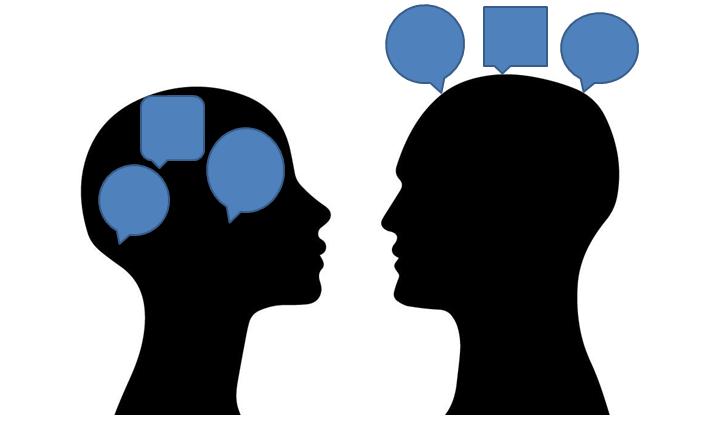Sometimes a recruiter makes non-standard decisions. For example, you can take a person with four children, who will be the most devoted employee. Or a man who refused to shake hands, who became the best employee of the company. Or a person without a diploma who was smart, creative, innovative. Or to hire a candidate who has a criminal record in his youth, over 60 years old, who was able to teach something even his employer.

Disclaimer
Natasha Bowman, the founder of a recruiting company in New York, wrote a post about such innovative recruiting solutions. 245 thousand responses and more than 8 thousand comments were received. A post on “stupid personnel selection rules” caused a discussion on social networks, can this approach be considered correct?
“Can we throw away all those stupid assumptions and rules that we created about who a person should be, how to look and what to do in order to succeed?”, Bowman writes. She believes that before throwing out a resume, because the candidate does not have all the certificates and degrees, or because he refused to shake hands, think about trying something new.

Conventions and stereotypes
What is known to everyone who is looking for work, like the “golden rules for finding a job”, for example, writing an impeccable resume, may not be universal. It is better to judge a person, not based on his past and even by appearance or manners, it is better not to look at his age and his appearance.
It is important to evaluate how a person works, regardless of everything else. An ideal resume does not exist, just as there is no ideal candidate. And then, perfect for whom? The interpretation of the characteristics of a resume is certainly subjective. Let's look at an example: a degree delay. From a theoretical point of view, this fact does not speak in favor of the candidate and is likely to be misinterpreted by the recruiter. And if the delay was due to the fact that the candidate also worked during his studies? Doesn’t this make him more interesting, because he shows great determination to achieve the goal?

Prejudices, stereotypes, and personal predictions influence recruiter ratings. It is important to understand that the ideal candidate does not exist, but there is someone who can succeed in this role. Similarity with tasks, responsibilities and organizational culture should in fact be the only criterion that determines choice.
How to make a choice?

If the recruiter openly admits that he interviewed the candidate, despite some errors in his resume, some employers are surprised. But still, the situation is not as trivial as it seems. Let's say you have two resumes: candidate A presents the perfect resume. Candidate B presents a resume with three or four typos. We all tend to think that candidate A is undoubtedly the preferred choice. Later, however, we find out that candidate A currently does not work and has a lot of free time to devote to finding a new job, while competitor B has an exhausting job, he returns exhausted home after overtime every day. The perseverance and personal will that candidate B demonstrates at this stage most likely exceeds the objective perfection of the documents presented by A. Unfortunately, the recruiter often does not have time for a detailed analysis that goes beyond reading the resume.
